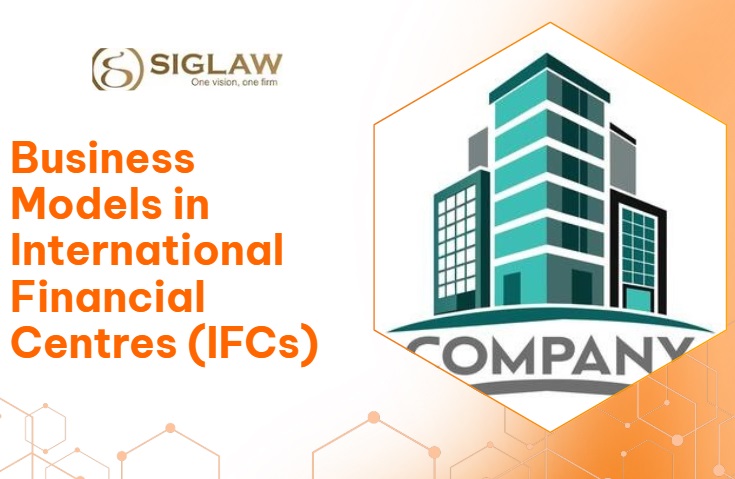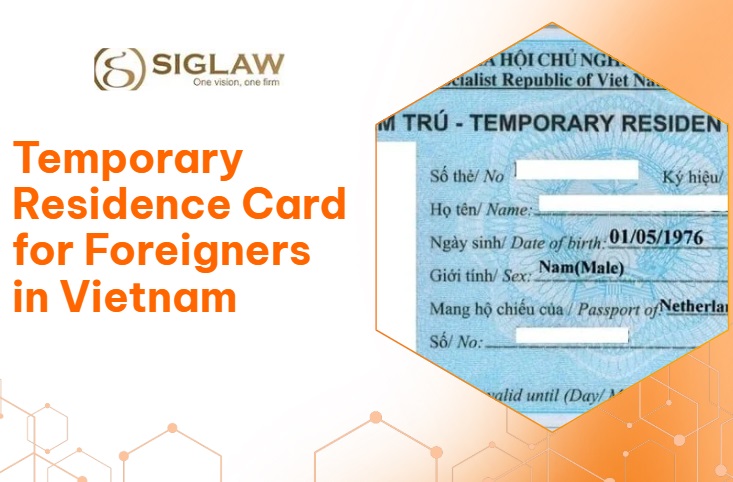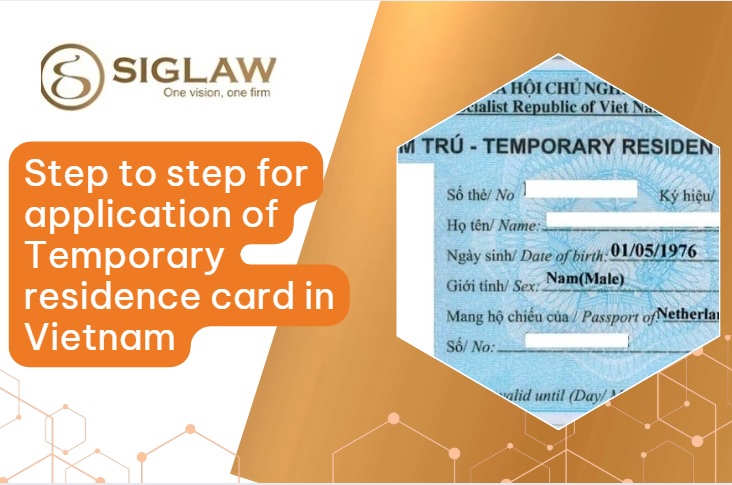WHAT IS LEGAL STATUS? WHICH BUSINESSES HAVE LEGAL STATUS?
Legal status is a fairly common term, used in many business-related activities. However, not everyone understands what legal status is? Which businesses have legal status? The following article by Siglaw will share issues related to this issue.
WHAT IS LEGAL STATUS?
Legal status is the legal status granted by the state to an organization, at which point the organization is considered a “person” in legal terms, capable of existing, operating independently and being responsible before the law for its activities.
FACTORS DETERMINING THE LEGAL STATUS OF AN ENTERPRISE
A company or enterprise with legal status is often determined by the following factors:
- A legal entity exists independently, not depending on the change of members in that legal entity;
- A legal entity has its own assets and is independent of the assets of the members in the legal entity; and is independently responsible for those assets.
- A legal entity performs legal acts in its own name and has the rights under the Civil Code regarding its assets: possession, use, and disposal;
- A legal entity is independent when participating in activities, and has the right to be a plaintiff or defendant in court.
CONDITIONS FOR AN ENTERPRISE TO HAVE LEGAL STATUS
Legally established in accordance with the provisions of law.
Companies and organizations are established for purposes and tasks that do not violate the prohibitions of law. Established in a certain order, recognized by a state agency through the issuance of a Certificate of Business Establishment, establishment decision, operating license, etc. All issues related to the establishment of an organization such as documents, procedures, time, etc. are regulated by the competent state agency.
Example of a legally established organization: A limited liability company submits its establishment dossier to the Business Registration Office where its headquarters is located, and the business registration agency will consider issuing a Certificate of Business Registration to the company if the dossier is valid within 03 working days from the date of receiving the complete dossier.
Having a tight organizational structure according to the provisions of law
The choice of organizational structure is entirely based on the tasks and purposes of that organization. A tight organizational structure helps a unified collective to be able to effectively perform the tasks set out by the organization when it was established.
For example, the provisions of the Enterprise Law on the organizational structure of a single-member LLC owned by an organization are as follows:
A single-member LLC owned by an organization operates according to one of two models:
- Company Chairman, Director or General Director;
- Members’ Council, Director or General Director
The company must have at least one legal representative who holds one of the following positions: Chairman of the Board of Members, Chairman of the Company, Director or General Director. If the company’s charter does not stipulate, the Chairman of the Board of Members or the Chairman of the company is the legal representative of the company;
Having independent assets and being responsible for all activities with their assets
Most other civil entities that want to participate in civil relations need to have their own assets, and so does a legal entity, which also needs to have a separate amount of assets, independent of the members of that legal entity. The assets of a legal entity can include: the owner’s capital contribution, the capital contribution of company members, other types of assets that the legal entity establishes ownership rights through legal transactions.
When having its own assets, the legal entity can use those assets to be responsible for transactions. The legal entity has full rights to its assets: the right to possess, the right to use and the right to dispose to ensure its independent status, not dependent on any other members or other legal entities.
Participate in legal relations independently
A legal entity exercises its rights and obligations in transactions without depending on any other entity. In other words, a legal entity has civil legal capacity, which arises from the time a competent state agency permits its establishment or from the time it is recorded in the registration book for legal entities that must register their operations;
The civil legal capacity of a legal entity also ends when the legal entity ceases to operate/dissolves.
What types of enterprises have legal status?
Currently, there are 04 types of enterprises with legal status, including:
- Single-member LLC;
- multi-member LLC or more;
- Joint Stock Company;
- Partnership;
Because these types of enterprises all fully meet the conditions to be recognized as legal entities as prescribed in Article 74 of the Civil Code, including:
- Established in accordance with the provisions of law;
- Having an organizational structure according to regulations; Specifically:
+ A legal entity must have an executive body. The organization, tasks and powers of the executive body of a legal entity are stipulated in the charter of the legal entity or in the decision to establish the legal entity.
+ A legal entity has other bodies according to the decision of the legal entity or according to the provisions of law.”
- Having assets independent of other individuals and legal entities and being responsible for its own assets;
- Participating in legal relations independently in its own name.
Only a sole proprietorship does not have legal status because it is “an enterprise owned by an individual and is responsible for all activities of the enterprise with all of its assets”. Accordingly, it can be seen that the assets of a private enterprise are not separate from the assets of the individual owner, do not fully meet the conditions to be considered a legal entity and have legal status.
Above are the legal provisions on the legal status of different types of enterprises. For comprehensive free consultation, please contact Siglaw Law Firm:
Phone: (+84) 961 366 238
Email:
- vphn@siglaw.com.vn
- vphcm@siglaw.com.vn
Headquarters: No.44/A32-NV13, Gleximco A, Le Trong Tan street, An Khanh, Hoai Duc, Ha Noi, Vietnam.
Southern branch: No.103 – 105 Nguyen Dinh Chieu Str., Xuan Hoa Ward, Ho Chi Minh.
Central branch: VIFC DN – ICT Building Software Park No. 2, Nhu Nguyet Street, Hai Chau Ward, Da Nang City
Facebook: https://www.facebook.com/hangluatSiglaw










